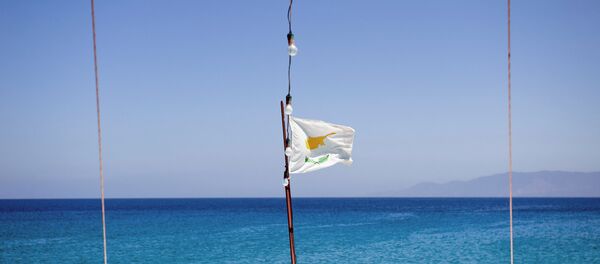In an interview with Die Welt am Sonntag, Eichengreen, a Professor of Economics at the University of California, Berkeley, said that the consequences "would spread to other countries. When a Portuguese family or Spanish businessperson sees that euros have been converted into drachmas, they will take their money out of their accounts. That could lead to a run on the banks."
Compounding this scenario, continues Eichengreen, "investors would speculate on the next candidate to leave the Eurozone," thus endangering the entire euro project. Financial markets, according to the economist, are also guilty of miscalculation, with share prices giving an overly positive picture. "My experience as an economic historian has taught me that markets always look relaxed, until suddenly- they aren't."
Eichengreen shared his belief with the newspaper that the new Greek government should be given more time: "They should be given some breathing space, which is also in the interests of their creditors. I would be in favor of tying interest payments on the borrowing to economic growth. Only when the Greek economy grows, should the country pay interest, otherwise the payments will simply be deferred."
"The euro is of great symbolic and geostrategic worth for Europe," cautions Eichengreen, adding that such an eventuality on the economic front would also have consequences for the West in terms of the geostrategic situation in Europe. "The West hardly wants Russia to be able to position itself as a savior, and become involved," surmised the professor, adding that this would have "dramatic consequences" for the NATO military alliance.




